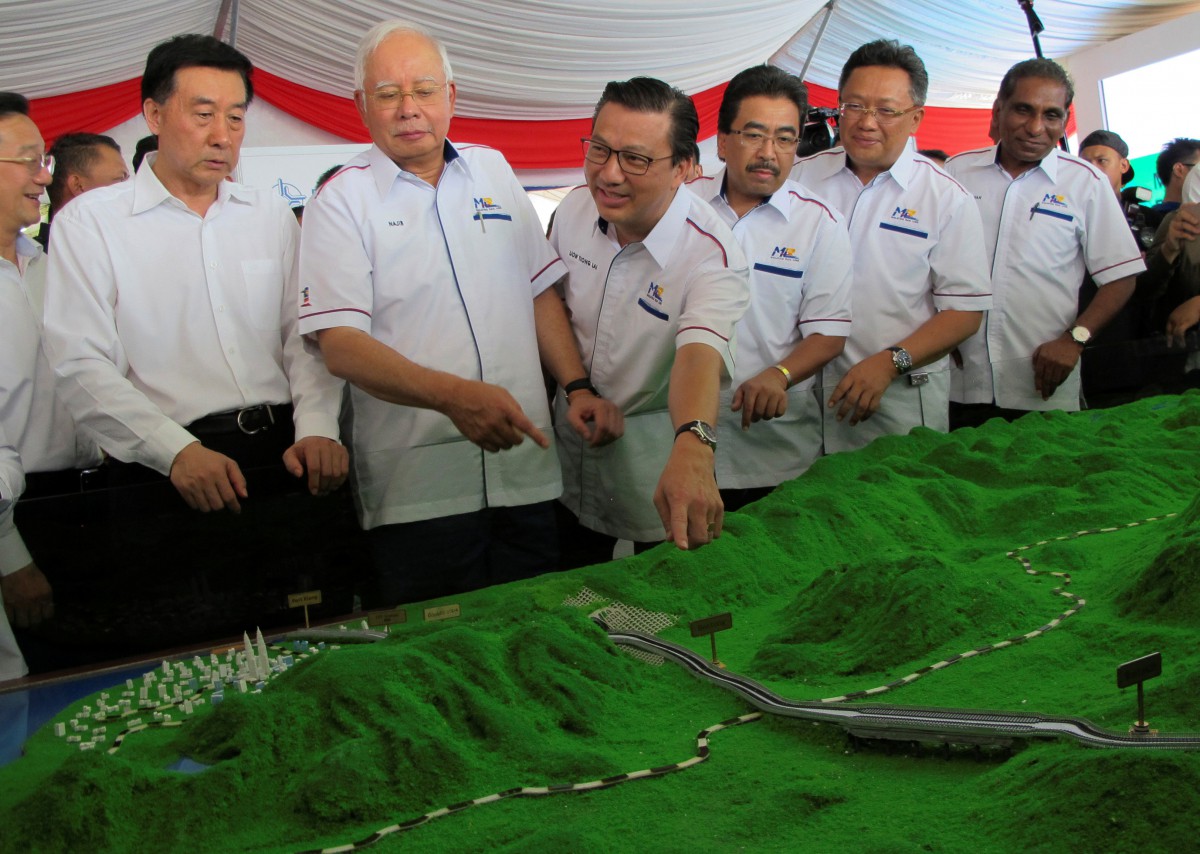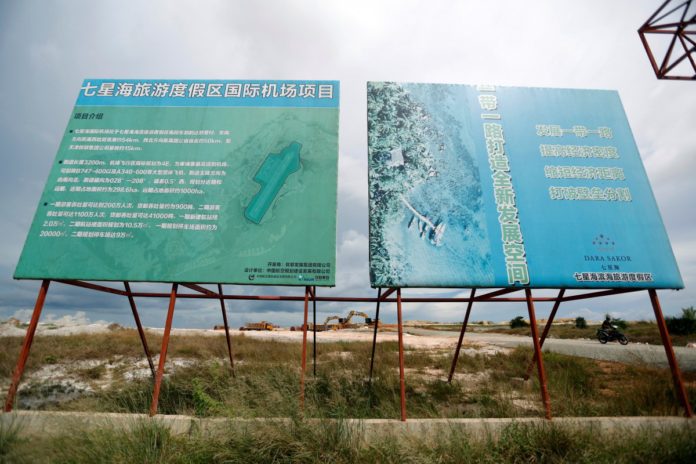SOUTHEAST Asian countries, among some of biggest benefactors of Chinese investment, do not trust Beijing and believe their governments should be cautious when negotiating on President Xi Jinping’s flagship Belt and Road Initiative.
Falling into the trap of unsustainable debt was a concern of the 70 percent of respondents who didn’t fully trust the Chinese initiative. The survey, released Monday by the ISEAS-Yusof Ishak Institute, polled 1,008 respondents from all ten nations of the Association of Southeast Asian Nations (asean), drawn from government, academic and business communities, civil society and the media.
This distrust and urge for caution were felt strongest in Malaysia, Thailand and the Philippines.
SEE ALSO: China invading Cambodia? That’s a ‘crazy’ argument, says Hun Sen
The majority of Southeast Asians believe China’s growing interest in the area will place the region under too much Chinese influence and run the risk of falling into an eternal debt trap, which will end up costing them in the long run.
They saw the initiative as a tool to wield control in Asia for their own benefit, with less than one in 10 seeing them as “a benign and benevolent power,” and nearly half saying Beijing possessed “an intent to turn Southeast Asia into its sphere of influence.”

An airport construction site is seen in an area developed by China company Union Development Group at Botum Sakor in Koh Kong province, Cambodia, May 6, 2018. Source: Reuters/Samrang Pring
A 2018 report from the US State Department found Malaysia has been the largest beneficiary of the economic giant’s financial diplomacy in the East Asia Pacific region over a period of 16 years. During this period Beijing spent an estimated US$48 billion on financial diplomacy in the region.
Since then, new prime minister Mahathir Mohamad cancelled US$22 billion-worth of Belt and Road projects in the country, including the East Coast Rail link, and two natural gas pipelines. The country’s soaring national debt was cited as the reason.
Mahathir said in August Malaysia could not repay the money and accused China of “a new version of colonialism.”
SEE ALSO: Saddled with debt, Malaysia nixes two China-backed mega projects
Burma (Myanmar) also sought to scale back a US$7 billion port project in troubled Rakhine state, again out of fears that it involves too much debt for the country to repay. Reaching a compromise, the two signed an agreement in November to go ahead with the project at a reduced cost of US$1.3 billion in the initial phase.
US Vice President Mike Pence warned against countries borrowing from China while he was attending the Asian Pacific Economic Cooperation (APEC) Summit in November.
“Projects they support are often unsustainable and of poor quality. And too often, they come with strings attached and lead to staggering debt,” said Pence.

Najib and Transport Minister Liow Tiong Lai look at a model of the East Coast Rail Line at Kuantan, Pahang, Malaysia, on Aug 9, 2017. Source: Reuters
He also proposed the United States as a better option for the region to partner up with. But the ISEAS survey suggests people are also sceptical about America’s commitment.
Six out of 10 respondents said US influence globally had deteriorated from a year ago and two-thirds believed US engagement with Southeast Asia declined. About a third said they had little or no confidence in the US as a strategic partner and provider of regional security.
Washington appears to be ceding power to Beijing in the eyes of the people, with 73 percent believing China is the greatest economic influence in the region. It is also believed to have more influence politically and strategically than the United States.





